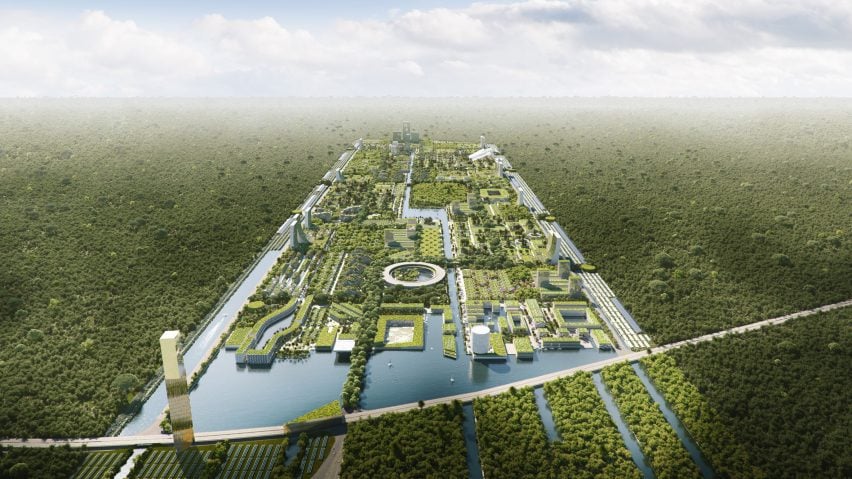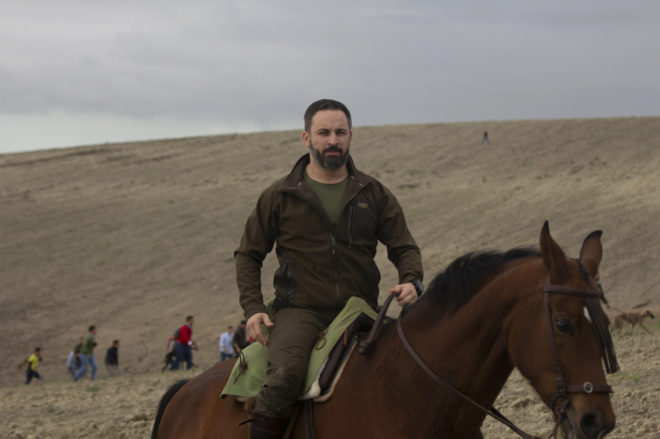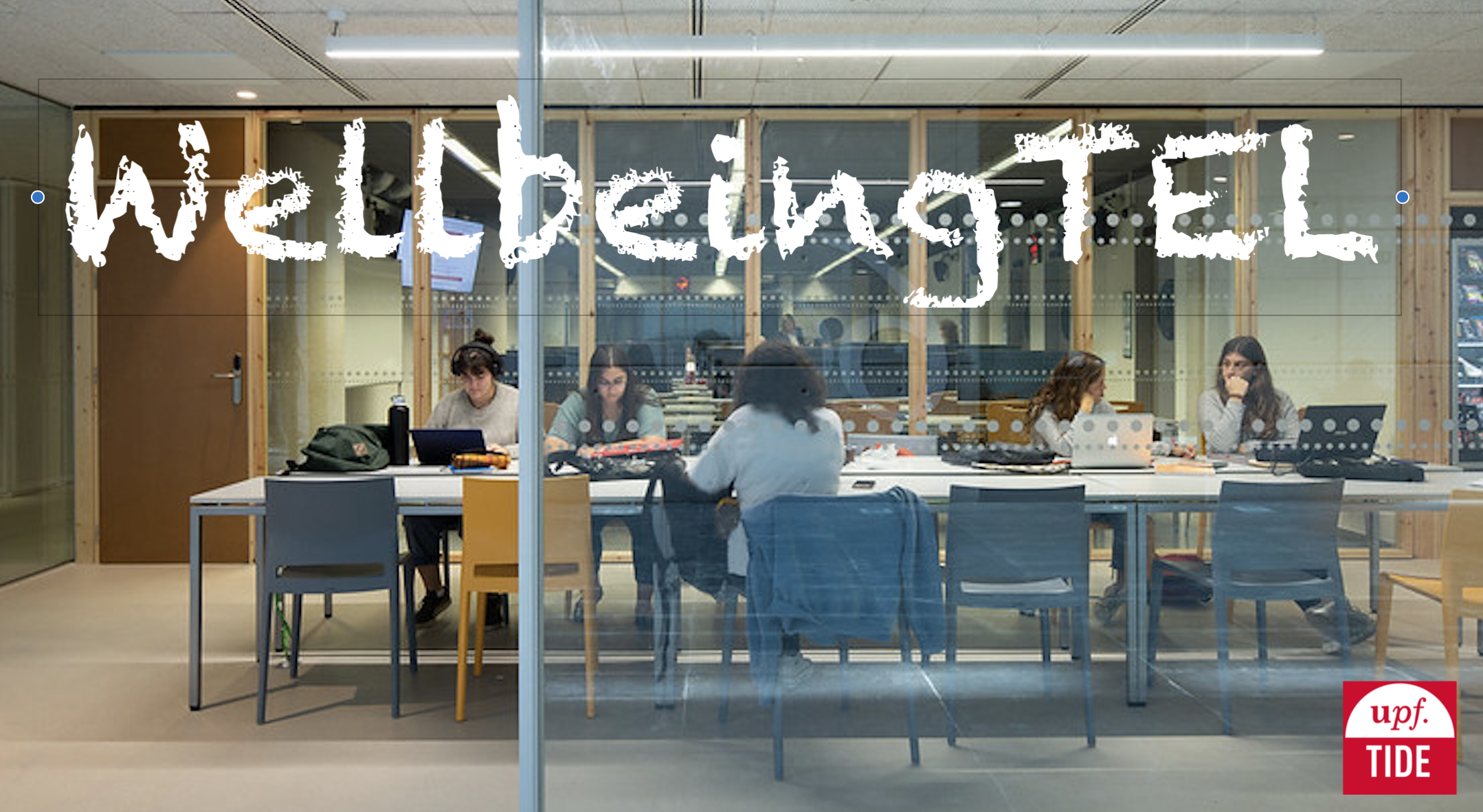Research Call for funding 2022

Blockchain as a Governance Platform for Renewable Energy Communities
- Awarded person: Vanesa Daza
- Department: Information and Communication Technologies
- Type of action: Pilot Project
Our proposal aims to bridge the gap between disciplines (namely, computer science, economics, and environmental sciences) to help create a robust multidisciplinary governance system which can be used by Commons based communities. Our vision has a futuristic renewable energy community in mind that shares infrastructure to produce, use and manage a distributed energy system in a fully sustainable and democratic way. To achieve that, we utilize certain blockchain based affordances such as tokenization and DAOs to create a type of a platform that will foster long-run sustainability practices, and improve the wellbeing of local energy communities. Overall, our proposal is in line with 4 of the ‘Planetary Wellbeing’ open call targets, namely: Climate change; Clean Energies; Global Governance and Sustainable Development.

Locating, compiling and exploring global data on digitalised grassroots transformations (LADDER)
- Awarded person: Beatriz Rodríguez Labajos
- Department: Political and Social Sciences
- Type of action: Pilot Project
Grassroots transformations around the world include movements promoting environmental justice, practices of social solidarity economy, or initiatives searching downsized and convivial lifestyles. Their transformative agendas integrate knowledge and practical implementations in a way that is consistent with an increased planetary wellbeing, even if they operate in traditionally marginalised areas. A global concern about the digital divide would suggest that these initiatives are likely to be excluded from the benefits of digitalisation. As a first step to gain empirical evidence about the digitalisation of grassroots transformation, LADDER will locate existing transformative networks, gather readily accessible data about these networks and digitalisation indicators, and perform a preliminary analysis about their distribution. Such an analysis will serve as a proof of connect towards a more nuanced understanding of the notion of the digital divide in grassroots transformations.

Syntony
Awarded person: Manel Jiménez-Morales, Marta Lopera-Mármol
Department: Communication
Type of action: Pilot Project
Syntony is an art-based research project following the Green Shooting initiative, a previous work funded by the Planetary Wellbeing call and oriented to the sustainable policies in the audiovisual industry. It collects the results of the dialogues held during the Asamblea Ciudadana por el Cambio Climático and reformulates them in a creative documentary to give continuity to the exercise of participation and deliberative democracy organized by the aforementioned assembly. In this sense, Syntony shows, from both formal and conceptual experimental research, the contents debated at national level regarding climate change. The proposal has been supported by the European Climate Foundation, Televisión Española or the Institut Català de les Empreses Culturals, among others.

The Planetary Wellbeing under question: an analysis of Eco-populisms in Europe and their practical implications
- Awarded person: Camil Ungureanu
- Department: Political and Social Sciences
- Type of action: Pilot Project
To better understand the success of eco-populism as a threat to planetary well-being, this interdisciplinary pilot project brings together critical theorists, political scientists, and environmentalists from different European universities to analyze in their contexts both the narrative and the practical policies of extreme right forces in Europe. The premise of this pilot project is that it is crucial to understand the narrative and affective mechanisms of the social-political authoritarian forces to pursue an environmentally progressive agenda.

From past to present: dietary changes as drivers of resilience in drylands
- Awarded person: Alessandra Varalli
- Department: Humanities
- Type of action: Pilot Project
The study of long-term changes in subsistence strategies and related human diets offers the unique opportunities to investigate the adaptive dynamics of humans to climate and environmental change. Applying a transdisciplinary approach, the aim of this research is to study subsistence strategies and dietary patterns in two prehistoric settlements in eastern Africa during a period of climatic variability (9k-1.5k BP) by using cutting-edge biomolecular analysis (stable and radiogenic isotopes and proteomics) on plant, animal and human remains. This will provide key data on agricultural strategies in arid environments. This project will generate new knowledge on past sustainable food production to inform and improve current agricultural practices in drylands. This is today a key task with the current dramatic increase in aridity in many parts of the world. Understanding the virtuous link between what people ate (diet), how they procured it (subsistence economy) and what cultural and biological adaptations allowed creating sustainable systems can dramatically contribute to the well-being of present societies, including future sustainable food production and water security.

WellbeingTEL: Multimodal learning analytics and human wellbeing indicators in technology-enhanced learning scenarios
- Awarded person: Davinia Hernández-Leo
- Department: Information and Communication Technologies
- Type of action: Pilot Project
The project WellbeingTEL seeks for preparations towards scientific advances for ethically driven digital transformations of education, where educators are part of a collective learning endeavor, enabling them to be agents of change through active participation and promotion of well-being. It shall capitalize and integrate previous work by the TIDE research group at UPF in learning design and orchestration technologies, learning analytics, ethics, and novel data collection and analytics methods.

PROSOCIAL project
- Awarded person: Olga Galí Pérez
- Department: Information and Communication Technologies
- Type of action: PhD student
Magika is an interactive Multisensory Environment, developed by I3Lab, that enables new forms of playful interventions for children, especially those with Special Education Needs. The 3-4 month stay at the Polytechnic University of Milan with Prof. Franca Garzotto and researcher Mattia Gianotti has allowed us to design and develop a full-body interactive experience for Magika. It has enabled us to acquire more knowledge about how to guide movement synchronization in children with and without Autism Spectrum Condition (ASC), which, in turn, promotes group cohesion and breaks the social stereotypes created around ASC, the objective of the PROSOCIAL project.
